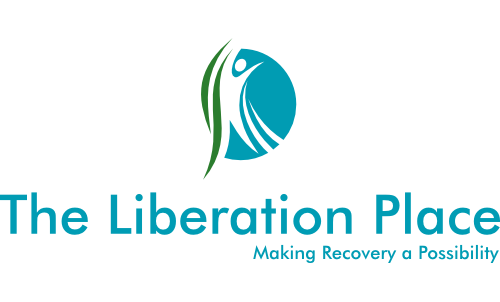Journalling
Before I begin the discussion about how we use journaling to support our behaviour change goals, I want to make sure that I clearly communicate that, in general, there is no right or wrong way to journal. If you’ve developed a way to express yourself by putting pen to paper, and you find it helpful to do it this way, then I strongly suggest you continue doing it. However, if you’re anything like I used to be, then you probably don’t journal at all, and if you have the same “Entitled Child” in your personality that I had, you probably have a significant push back in your system when someone simply suggests that journalling is something you should start doing. It took me years to finally admit to the people who were supporting my recovery journey that I wasn’t journalling in the way I was telling them I was, and even longer for me to figure out exactly why this was. The biggest puzzler for me personally was that I actually knew journalling would help me if I started doing it but couldn’t understand why I just didn’t want to do it. The irony of this was, when I finally did start journalling, I quickly found that Entitled Child in my personality that was stopping me from doing the work.
" If you’re anything like I used to be, then you probably don’t journal at all, and if you have the same “Entitled Child” in your personality that I had, you probably have a significant push back in your system when someone simply suggests that journalling is something you should start doing.”
~Steven Morris RP.
Journalling is an essential part of Self-analysis for a number of different reasons. It helps us to identify our thoughts, feelings, and physical sensations at the time when we were emotionally activated. This creates the possibility of recognising the dominant schema and modes in our system if we learn how to use the information to spot the patterns our stories have left behind. It promotes the Self-awareness we need to do the type of work we do in the context of Dialectical Behaviour Therapy (DBT) and Schema Therapy. It moves us closer to the possibility of Unconditional Self Acceptance and helps build motivation when we can document our accomplishments throughout the day we just completed. Journalling also helps to slow things down when our mind is filled with polarized parts causing constant racing thoughts. This can quickly bring a sense of calm to what was previously a chaotic mind. The key to all this insight, and mindful awareness, is knowing how to journal to unlock the insight door. The PDF attached to this page contains questions to ask yourself when journalling. Try to build this behaviour into your daily routine, and you will quickly see the benefits that journalling has to offer.
Download the PDF of this page
Follow us on Social Media





